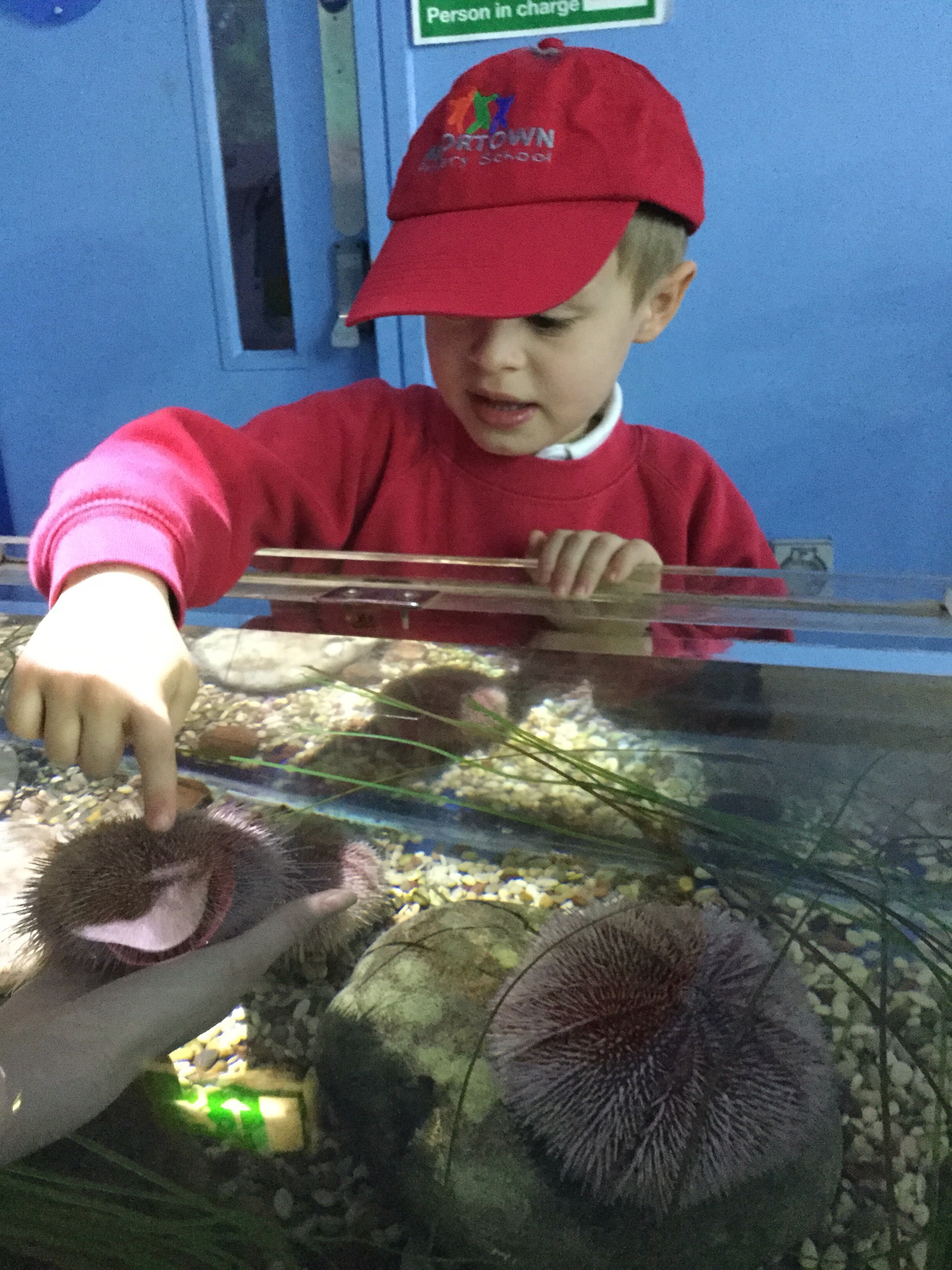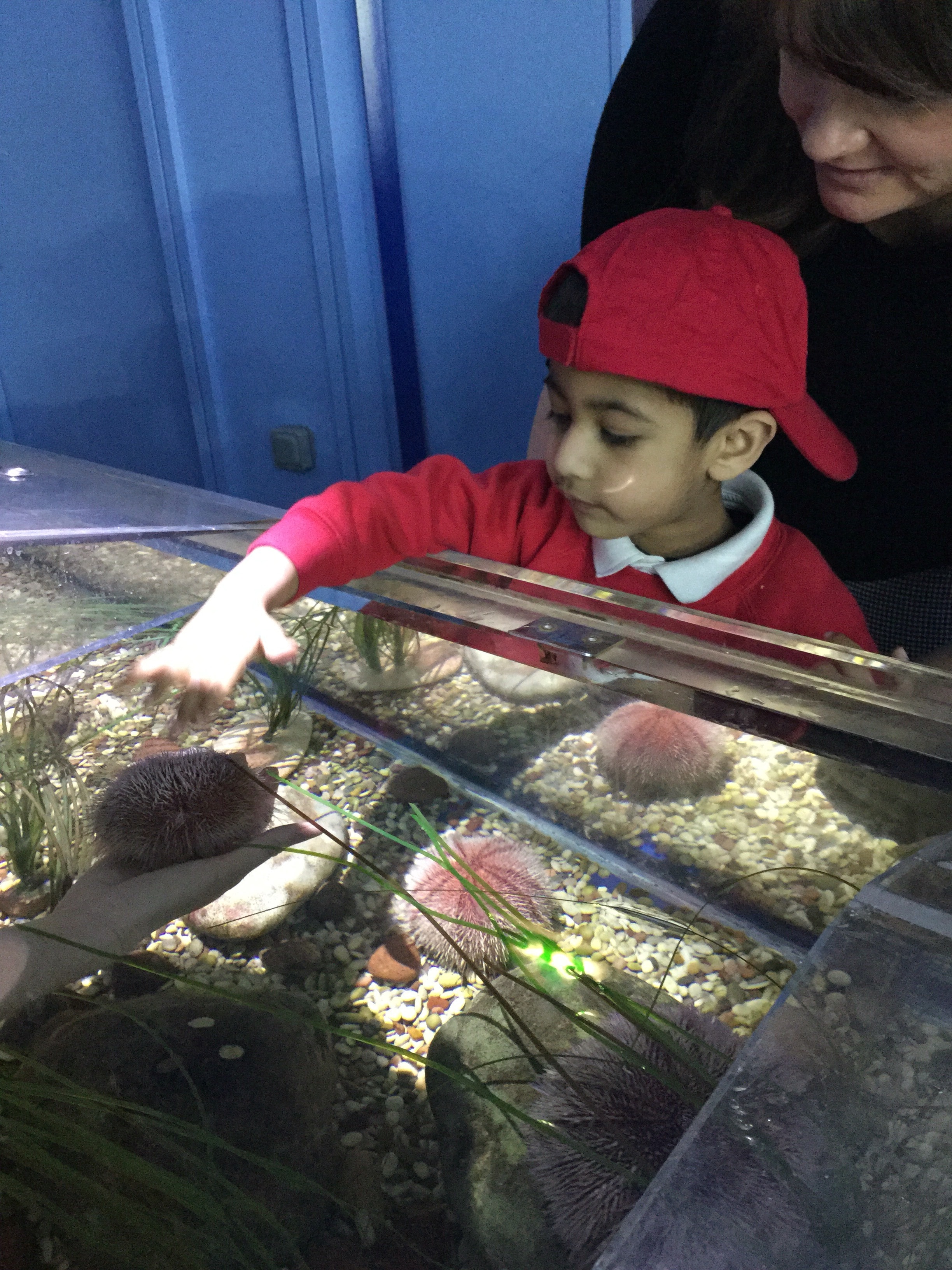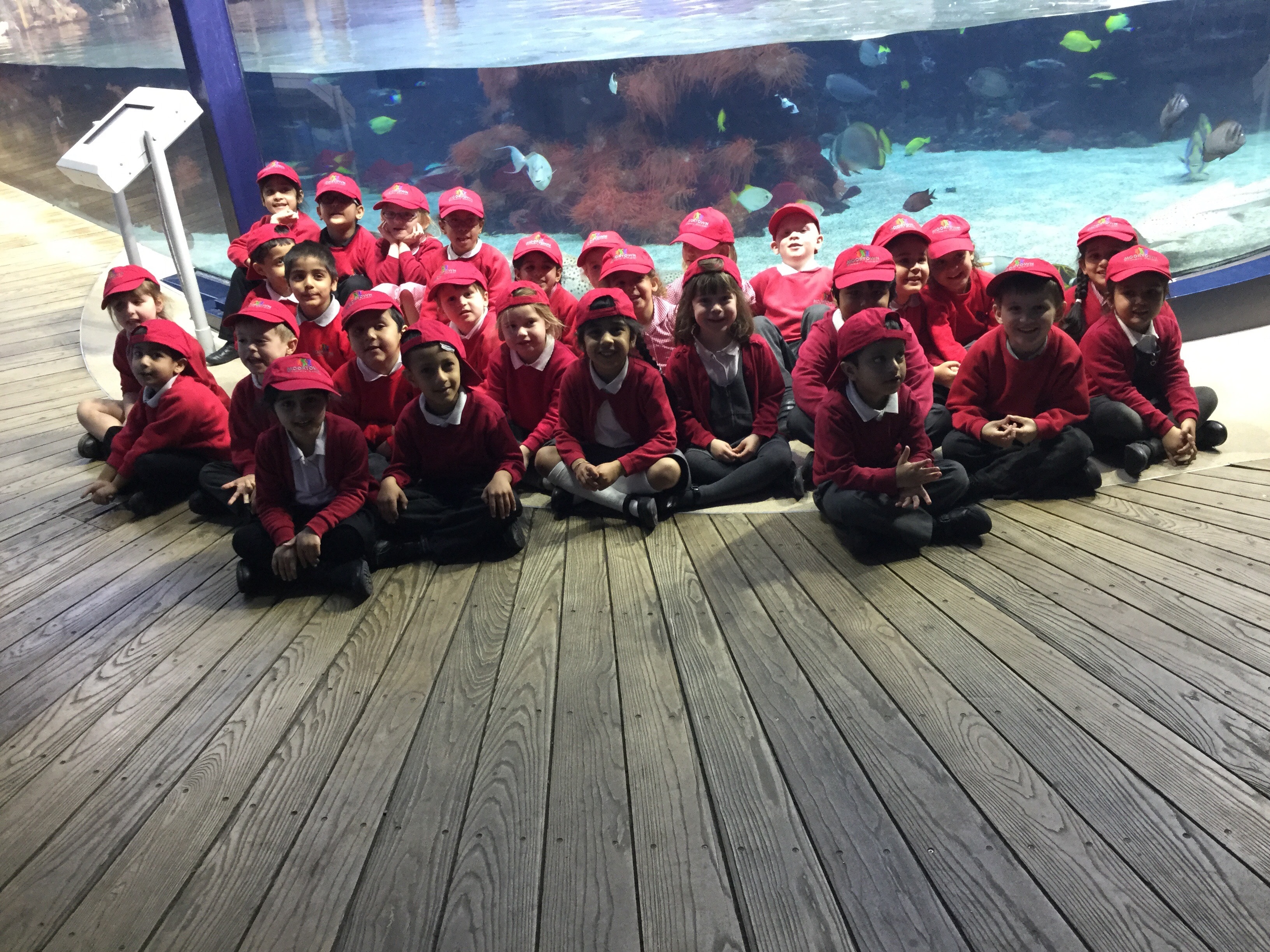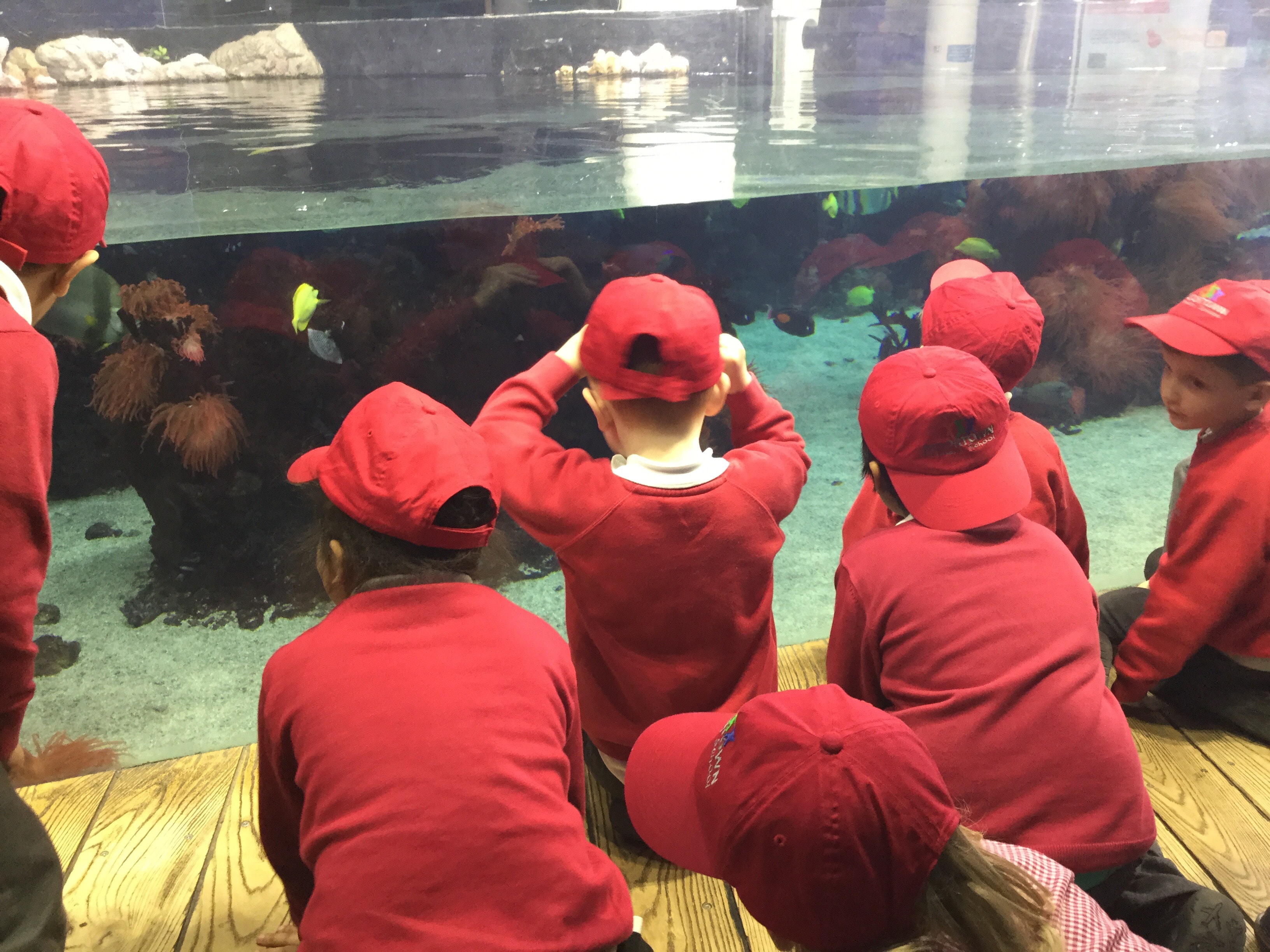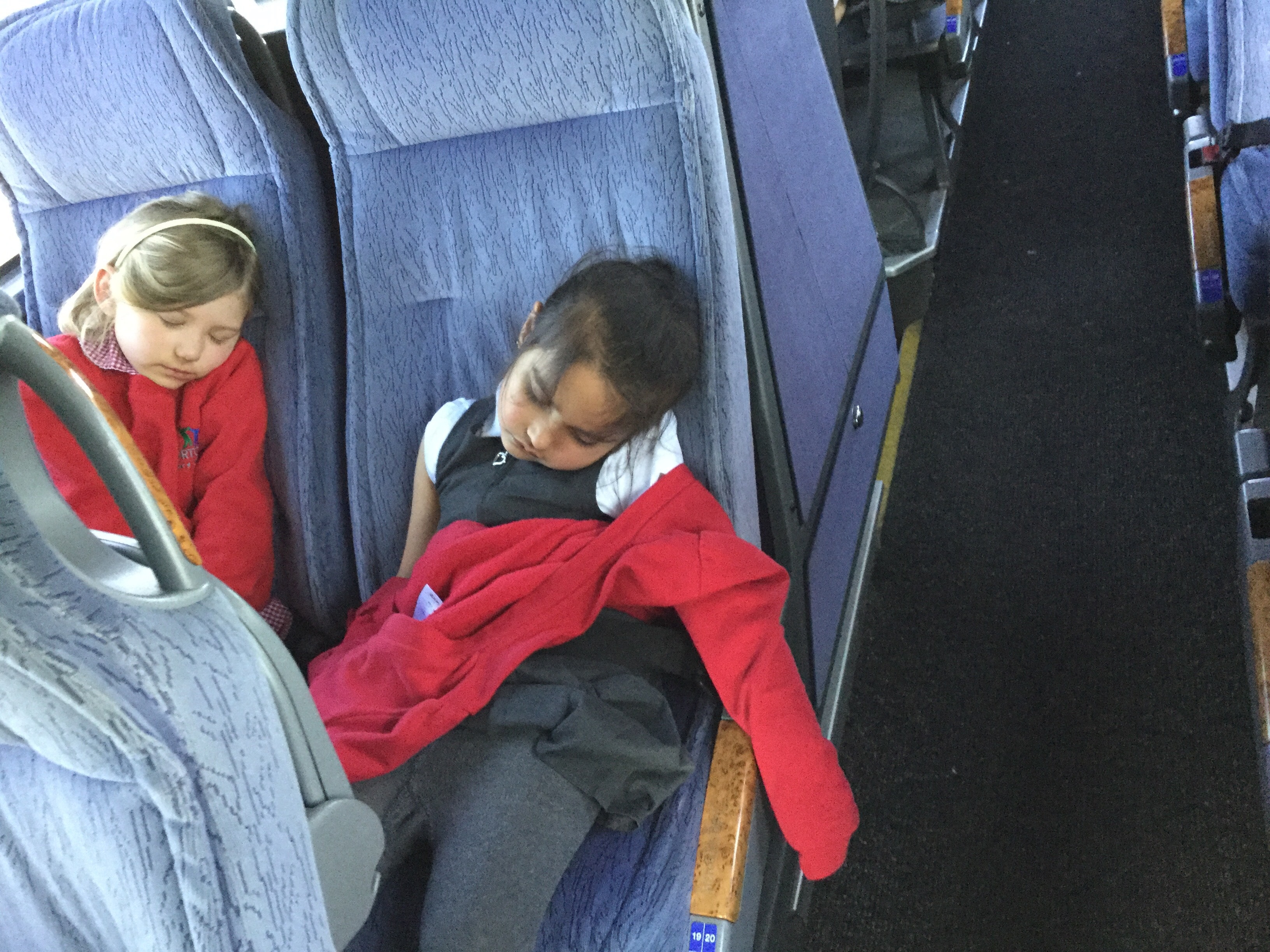Phonics mornings
Our final phonics mornings of the year will be held on Wednesday, Thursday and Friday.
It is really important that you attend to find out how your child has progressed and to learn more about how to support your child in the next phase of their learning.
Phase 4
Children will continue to practise previously learned graphemes and phonemes and learn how to read and write:
CVCC words: tent, damp, toast, chimp
For example, in the word ‘toast’, t = consonant, oa = vowel, s = consonant, t = consonant.
and CCVC words: swim, plum, sport, cream, spoon
For example, in the word ‘cream’, c = consonant, r = consonant, ea = vowel, m = consonant.
They will be learning more tricky words and continuing to read and write sentences together.
Tricky words
said, so, do, have, like, some, come, were, there, little, one, when, out, what
Rocket seeds
You may have seen on Newsround recently that many schools have received some seeds from outer space; we are one of those schools! Today, Year 5 were set the very important challenge of planting our schools ‘red’ and ‘blue’ seeds.
Each school has received two sets of seeds (red and blue); one lot is from space and the other are plain old Earth seeds. We don’t know which one is which but we’ve planted both and so begins our experiment to find out: will seeds grow if they’ve been cultivated in space?
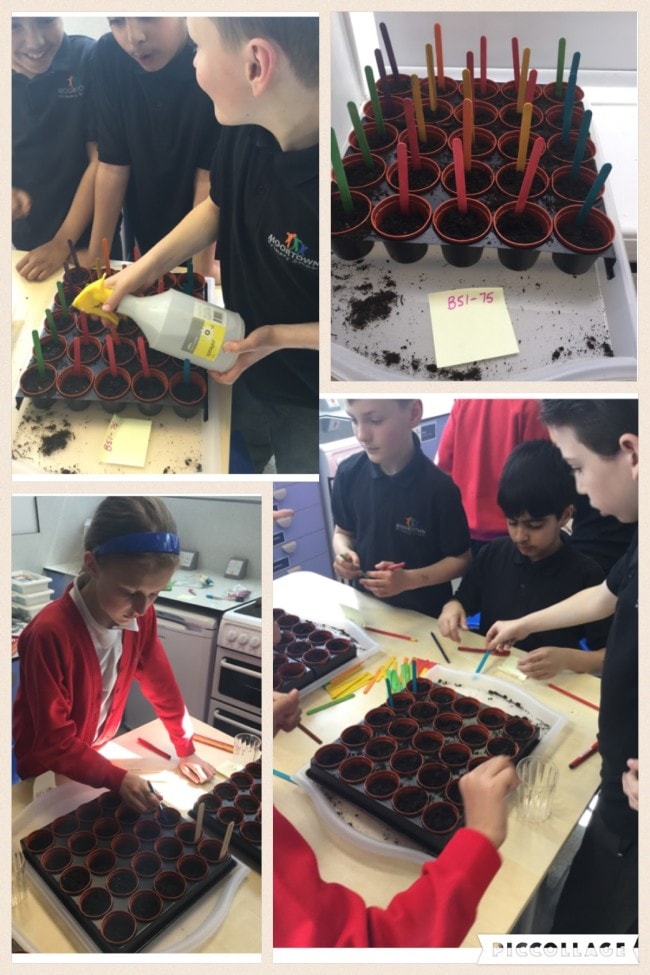
This is a six week experiment through which we’re required to observe, record, measure and question – all essential scientific skills. Although Year 5 have planted them, children from across the school will be involved in looking after and monitoring them throughout the project. We’ll keep you updated as the seeds grow and let you know which ones we think are from space.
Which do you think?

Free tennis
Tennis For Kids is a free 6-week coaching course packed full of action packed games and activities designed as the perfect introduction to tennis for kids aged 5-8.
Courses are available locally at Roundhay Park tennis courts and Alwoodley tennis club.

In addition, free family open days will be running locally, at David Lloyd and Roundhay Park, over the next few months.
New SEAL theme
At Moortown Primary, we’re dedicated to the value of SEAL in promoting a happy and healthy place to learn. However, we’re always thinking about other ways to meet our children’s needs and interests. That’s one of the reasons we choose to sometimes break away from the national SEAL themes to do something different.
This half term, we’ll think about our rights and responsibilities and, importantly, that if we have rights, we also have responsibilities. Children will consider their rights and responsibilities at home, at school and in other places. These may include:
Their right to eat food, their responsibility to eat healthily.
Their right to a good education, their responsibility to listen to the teacher.
Their right to use the internet, their responsibility to go on appropriate websites.
Each week this half-term, we’ll concentrate on a different area:
- Week beginning 18 April: learning
- Week beginning 25 April: playing
- Week beginning 02 May: expressing an opinion
- Week beginning 09 May: staying safe
- Week beginning 16 May: being healthy
- Week beginning 23 May: general
Perhaps you can support your child’s learning by discussing and promoting rights and responsibilities at home, too.
Matheletics has changed…
…to Spellodrome!
Two years ago, we entered into a three year contract for the whole school. We’ve incorporated Mathletics sessions into the weekly routine in school, and classes have sometimes been given Mathletics Practice Makes Perfect homework. Of course, we also hoped that you would encourage your child to log-in regularly at home, too.
As a school, we’ve been really happy with Matheletics. However, with one year left in our current contract, we thought it was time for a change. Spellodrome is created by the same people, so we’ve decided to swap to this for the final year.
Why?
Well, put simply, our children’s spellings need to be better. Despite being one of the top performing schools in the country in the phonics screening check which Year 1 children do (we received a letter from the Department of Education congratulating us for having 100% of children pass in 2015), our children’s spelling accuracy isn’t good enough.
We’re finding many children use their phonics knowledge to spell words which are phonetically readable, but not accurate. By this we mean, for example, Moortown might be Moretown, English might be Inglish, phonics might be fonicks. (I’ll include a couple of other examples below.) All these words can be read, but there are so many ways to make sounds in our language, and children are choosing the wrong ways (not weighs!).
Also, many children aren’t applying some common spelling rules which would really help – and which teachers practise a lot with their classes:
- double up for a short vowel sound (think of the difference between hoping and hopping; able and apple; diner and dinner)
- drop the ‘e’ for ‘ing’ (take becomes taking – no ‘e’; like becomes liking; accommodate becomes accommodating)
- drop the ‘y’ for an ‘i’ (so try becomes tries; party becomes parties; quality becomes qualities)
So, for the next year at least, the whole school is using Spellodrome. Please, please make sure (not shoor!) your child is regularly logging in.
Also, and probably more importantly, they should be reading. Reading will help to familiarise children with correct spellings in the correct contexts – and has so many other benefits, too (studies have found that children who read fiction for pleasure have increased empathy and better mental health in years to come).
Eatwell guide
Public Health England have launched a new Eatwell Guide. This relates to the Eatwell Plate, a key resource used in school, to show how much of what you eat overall should come from each food group.

Phonics
This week we will start Phase 4 of the ‘Letters and sounds’ phonics programme.
During this phase, children will continue to practise previously learned graphemes and phonemes and learn how to read and write words with four phonemes.
These are called CVCC words and include words such as, tent, damp, toast and chimp.
For example, in the word ‘toast’, t = consonant, oa = vowel, s = consonant, t = consonant.
They will also learn to read and write CCVC words such as, swim, plum, sport, cream and spoon.
For example, in the word ‘cream’, c = consonant, r = consonant, ea = vowel, m = consonant.
In addition, they will be learning more tricky words and continuing to read and write sentences. There are no new phonemes taught in this phase.
Tricky words in phase 4
said, so, do, have, like, some, come, were, there, little, one, when, out, what
How are you feeling?
Across school, we’ve been trialling the use of colours to represent children’s emotions. Children are then encouraged to think whether this is a blocker or driver for their learning.
- ‘I feel blue because I am calm.’
- ‘I feel red because I had a fall out at lunchtime.’
- ‘I feel orange because I am excited to celebrate my brother’s birthday.’
Here is a new website to support young people’s emotional wellbeing in Leeds.
‘If you’re a young person, MindMate can help you understand the way you’re feeling and find the right advice and support. If you’re a parent, carer or professional, MindMate can help you support a young person you know.’
 Children are also encouraged to speak with an adult, friend or use our class SEAL boxes to share any worries.
Children are also encouraged to speak with an adult, friend or use our class SEAL boxes to share any worries.









